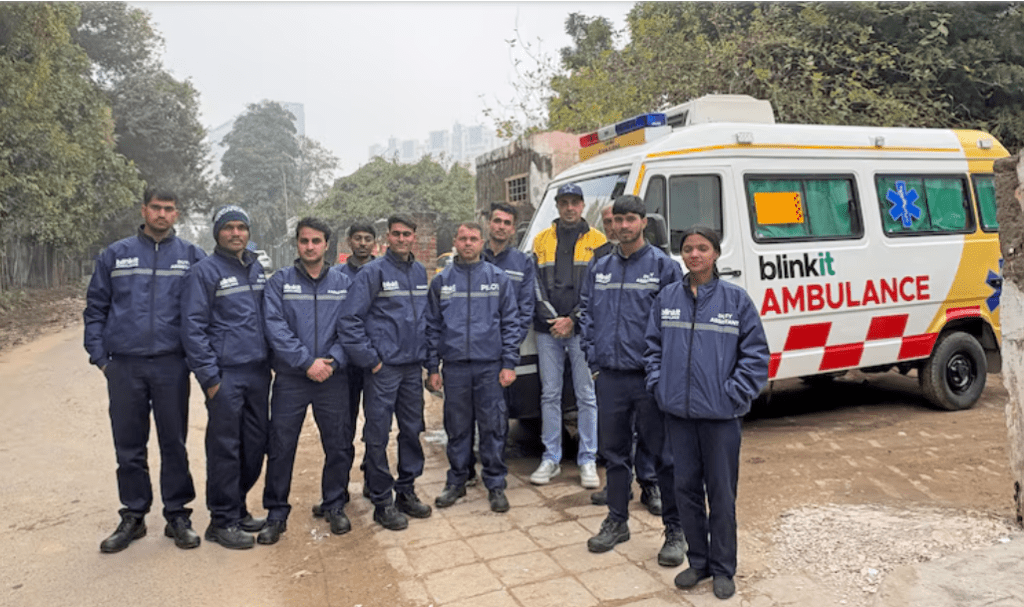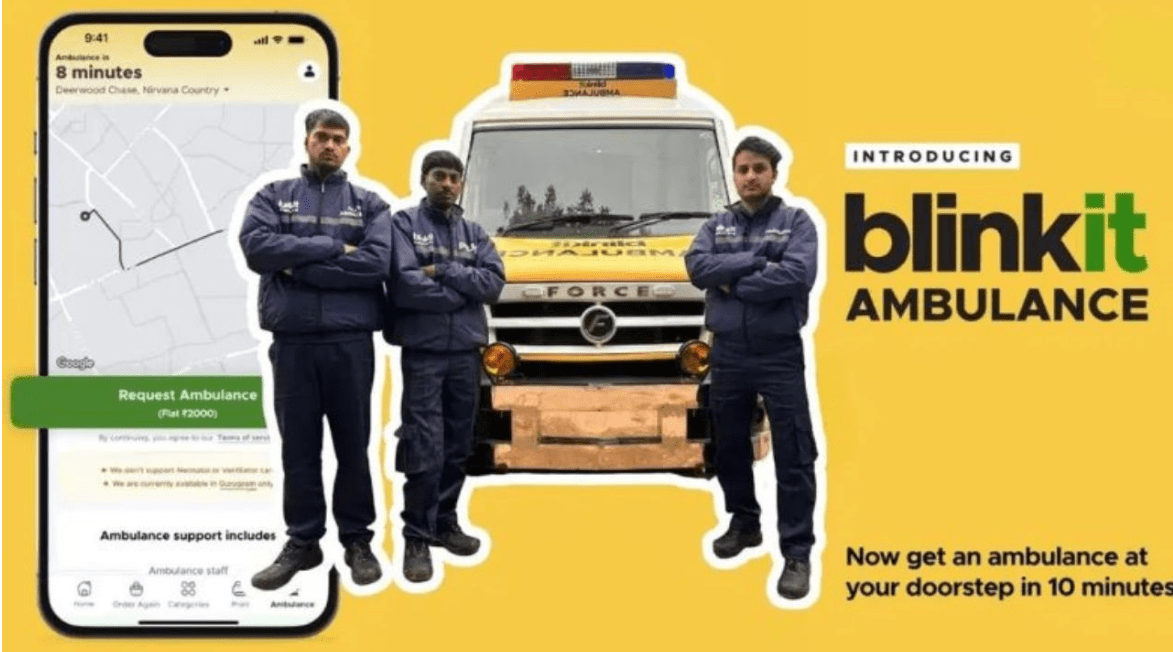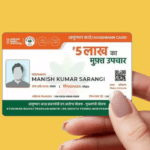Blinkit, synonymous with rapid delivery services, has ventured into the emergency healthcare sector by launching a 10-minute ambulance service in Gurugram. Announced on January 2 by CEO Albinder Dhindsa, this initiative marks a significant shift from Blinkit’s logistics-driven model, aiming to bring lifesaving medical aid to patients faster than ever. While the idea is innovative and potentially transformative, it also comes with regulatory, operational, and logistical challenges.
Regulatory Requirements for Launching an Ambulance Service
Launching an ambulance service in India is not as simple as owning vehicles and equipment. It involves strict adherence to various laws, medical standards, and operational protocols to ensure compliance with the country’s regulatory framework.
1. Business Registration and Licensing
- The service must be registered as a legal entity, such as a proprietorship, partnership, or private limited company.
- Licenses under the Clinical Establishments Act and local/state health authority permissions are mandatory.
2. Compliance with Medical Standards
- Ambulances must meet the guidelines set by the National Ambulance Code, ensuring they are equipped with essential medical tools like oxygen cylinders, defibrillators, and emergency medications.
- Staff, including drivers and paramedics, must hold valid certifications and licenses.
3. Insurance Coverage
- Comprehensive insurance policies must cover the vehicles, staff, and patients, including medical malpractice liability insurance.
4. Operational and Dispatch Systems
- A robust dispatch system integrated with GPS for real-time tracking and quick ambulance allocation is essential.
5. Staffing and Training
- Certified paramedics, EMTs (Emergency Medical Technicians), and skilled drivers trained in emergency response are crucial.
- Regular training programs must ensure staff is up-to-date with evolving medical protocols.

Challenges for Blinkit
1. Building Medical Expertise
Ambulance services require specialized medical knowledge and highly trained staff capable of resuscitating and stabilizing patients during transport.
2. Hospital Partnerships
Formal agreements with hospitals are vital to ensuring smooth patient handovers and collaboration in emergencies.
3. Regulatory Compliance
Union Minister Piyush Goyal emphasized that Blinkit must meet all legal requirements and adhere to the “laws of the land” for its ambulance service to be credible and sustainable.
4. Public Trust and Credibility
As a newcomer in emergency healthcare, Blinkit must prove its reliability through transparent operations, regular audits, and consistent service quality.
Conclusion: A Promising Yet Challenging Venture
Blinkit’s entry into emergency healthcare through a 10-minute ambulance service is commendable but has significant responsibilities. Meeting regulatory standards, ensuring staff expertise, and building trust with hospitals and the public will be critical to the success of this initiative.
To register for our next masterclass please click here https://linktr.ee/docpreneur




